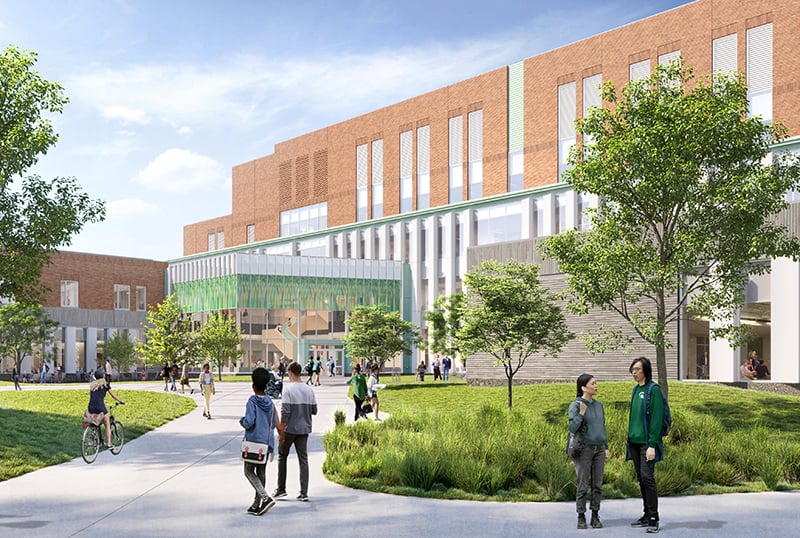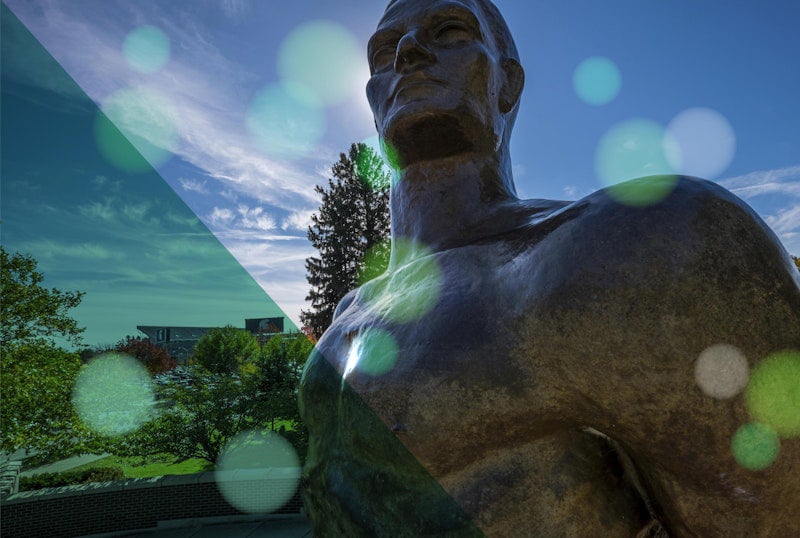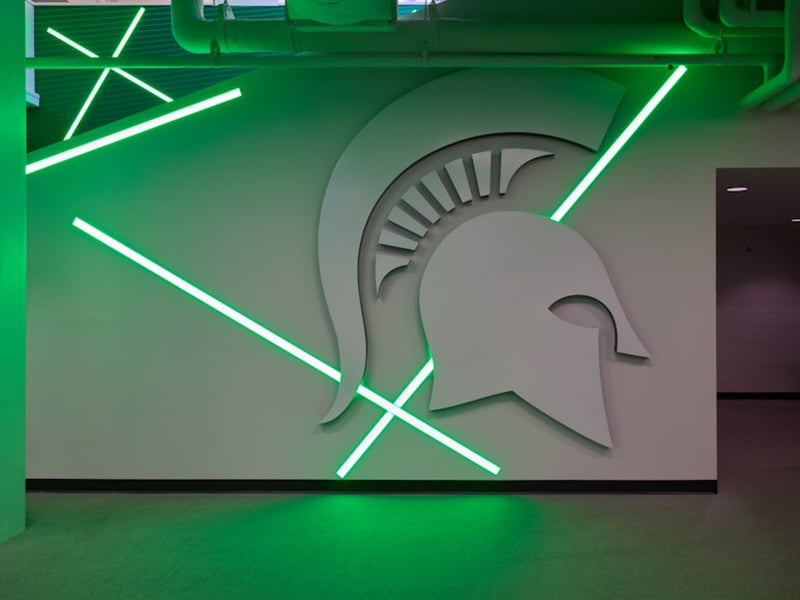The Foundation Relations team serves as MSU’s bridge to the private foundation community. We focus on building and sustaining relationships with funders to connect the groundbreaking research and innovative programs at MSU with the priorities of philanthropic partners. Whether you’re pursuing support for a university-wide initiative, a research project, or seed funding to launch a new idea, our office is here to help.
If you’d like to explore potential opportunities and learn more about how we can support your work, we invite you to set up an introductory meeting by contacting the Foundation Relations team.
Partner with Us
Learn how our office can help in your pursuit of private foundation support.
Open Funding Opportunities
View our searchable list of foundation funding opportunities
Foundation Prospect Library
Explore a library of funders and learn about what they fund
RFP Alert
Sign-up to receive email notifications for new Requests for Proposals (RFPs) that intersect with your research interests


